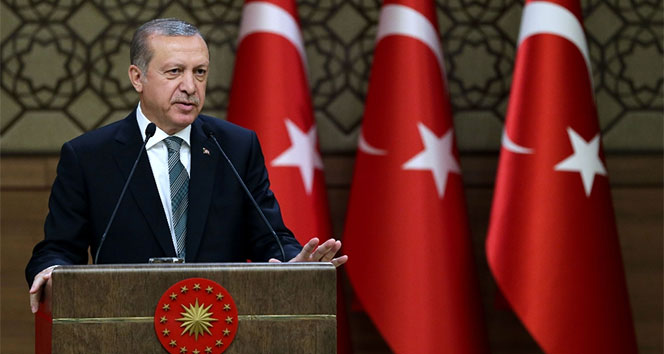Author: Fumiko Sawae
Affiliation: Sophia University Japan
Organization/Publisher: Routledge
Date/Place: May 28, 2020/UK
Type of Literature: Journal Article
Number of Pages: 16
Link: https://www.tandfonline.com/doi/full/10.1080/19436149.2020.1770443
Keywords: Erdogan; Islamism; Politics of belonging; Populism; Turkey
Brief:
The article focuses on the transformation of “politics of belonging” in Turkey with the supply-and-demand relationship between the civilian leadership and their followers. The author divides the last two decades of Justice and Development Party into inclusive (2002-2013) and exclusive approach (2013 onward), which first maximized and later constrained the support. The author argues that the exclusivist discourse did not begin with Erdogan but that such discourse was inherited from the Mili Görüş (National Outlook, or MG) movement which raises the voice against the discriminatory behavior of Kemalists. The proclamation of Kemalists, as the vanguard of the true and ideal nation, the perfection of whose character is destined to be realized by Kemalist principles in the form of a secularized and Westernized nation united under Turkish identity. They felt threatened from Islamists and Kurdish nationalists and declared them as internal enemies who collaborated with foreign powers to destroy Kemalist Turkey. At the start, the AKP inclusivist policies found a democratic point of equilibrium between secularism and Turkish political Islamism. Turkey achieved unprecedented economic development and a rising standard of living, and initiated several attempts to discuss the problems of minority groups like the Kurds, Alevis, and non-Muslim religious communities. But the inclusive discourse changed into exclusive in the aftermath of the Gezi Park protests and 2013 corruption allegations against the government by Fethullah Gülen. The author concludes that AKP divisive policies not only isolate it from secular opponents but also from well-known and respected critics from Islamic circles. But the local elections in 2019 is a sign of optimism and Islamic politicians’ search for new parties reveals a diversification in both the supply and demand sides of Turkish populism that might bring fresh dynamics to the politics of belonging, both among the AKP’s constituency and beyond.
By: Razia Wadood, CIGA Senior Research Associate




